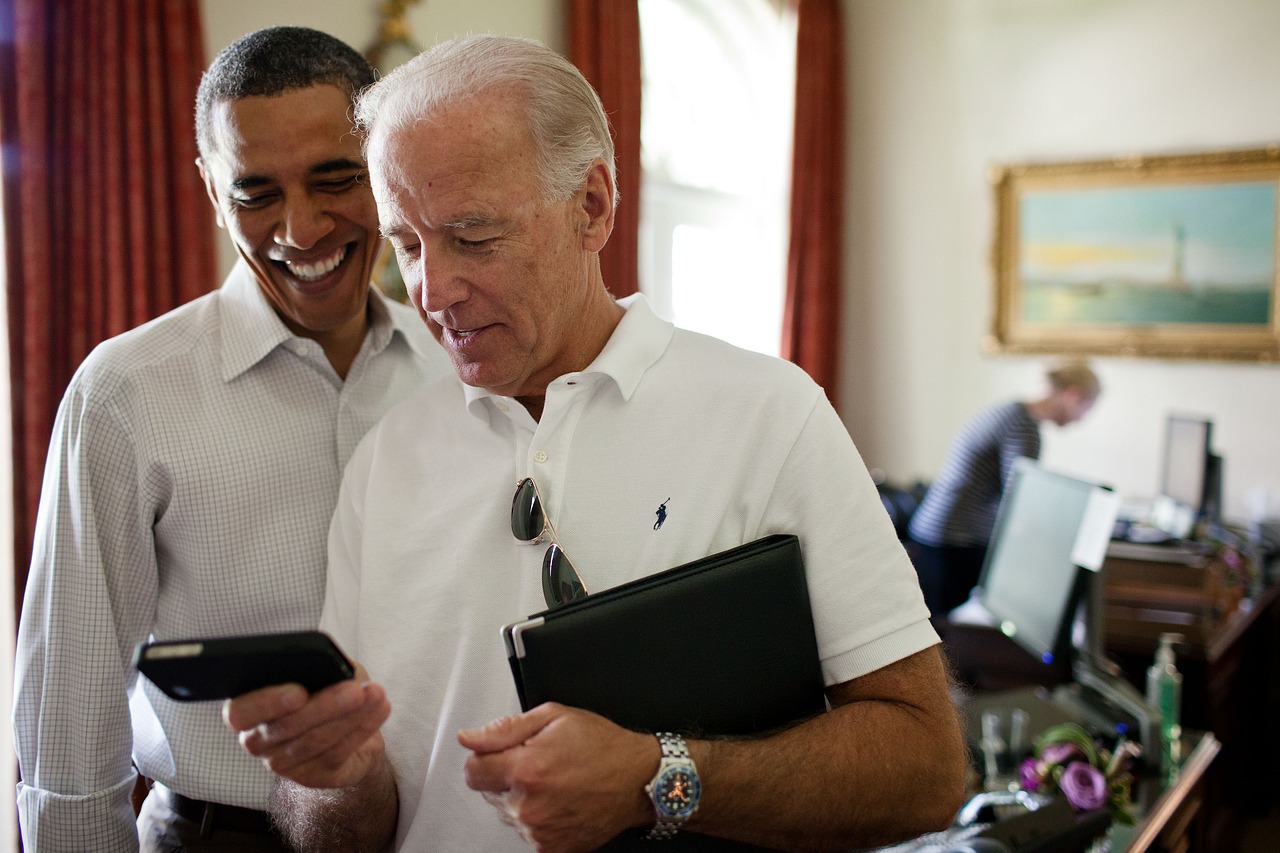The Hidden Link Between Forgiveness And Youth
Forgiveness is often seen as a simple act of letting go, but its connection to youth and their development runs much deeper than most realize. When young people learn to forgive—whether themselves or others—it can shape their emotional health, social relationships, and even how they grow into resilient adults.
Children and teenagers face many challenges: conflicts with friends, family tensions, or the weight of community struggles. These experiences can leave emotional scars that affect how they see themselves and the world around them. Forgiveness offers a way to heal these wounds by helping young people release anger and resentment that might otherwise hold them back emotionally.
In schools where forgiveness is taught as part of emotional learning programs, children not only improve academically but also develop stronger empathy and kindness toward others. For example, in classrooms where lessons focus on forgiveness alongside unconditional care—sometimes called agape love—students learn through stories, discussions, and creative activities how to understand different perspectives and respond with compassion rather than hostility. This approach helps build healthier social connections among diverse groups of children who might otherwise feel divided by background or belief.
Forgiving oneself is just as important for youth well-being. When young people accept their mistakes without harsh judgment, they become more resilient in facing setbacks. This self-forgiveness encourages growth because it frames errors as opportunities for learning rather than permanent failures. It also supports mental health by reducing feelings like shame or guilt that can weigh heavily during adolescence.
Spiritual beliefs sometimes play a role in fostering forgiveness among youth too. A sense of attachment to something greater—a spiritual source or higher power—can provide meaning during tough times and encourage behaviors like kindness and forgiveness toward others. This spiritual connection often strengthens social bonds within communities while promoting inner peace.
Ultimately, teaching forgiveness early helps young people develop essential life skills: managing emotions wisely, building positive relationships across differences, bouncing back from difficulties with hope instead of despair—and growing into adults who contribute positively to society rather than carrying forward cycles of hurt.
The hidden link between forgiveness and youth lies not just in feeling better momentarily but in shaping minds capable of compassionately navigating life’s challenges with strength rooted in understanding rather than bitterness or pain.





